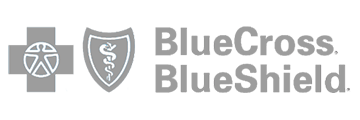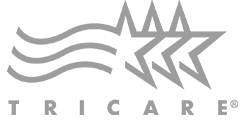Addiction
How Does An Intervention Work For Addiction?
Written By
Contact us today so we can hear more about your story and determine from there the best course of action for your highly specific needs.
An intervention is an organized process to support someone struggling with addiction. It’s a time for loved ones and professionals to come together, express their concerns in a safe and controlled environment, and work towards the goal of helping the individual struggling with addiction.
Interventions can be difficult processes for everyone involved, but when done correctly, they can be extremely effective at addressing the underlying issues of addiction.
In this today’s post, we’ll dive into how an intervention works for addiction; from the planning process to the actual meeting itself.
An intervention is a structured conversation between a person struggling with addiction and their loved ones. The goal of an intervention is to get the person into treatment for their addiction.
Interventions can be done in many different ways, but they all have the same goal: to convince the person with addiction that they need to seek professional help. Many times, people with addiction are in denial about their problem and will not seek help on their own.
Interventions usually involve family members and close friends expressing their concern for the person with addiction. Importantly, an intervention professional is often involved, to help plan the intervention and make sure it goes as smoothly as possible.
Everyone will share how the person’s addiction has affected them and their relationship. This is often done in a letter or at a meeting where everyone expresses their feelings at once.
The hope is that by hearing how much their loved ones care and are affected by their addiction, the person will be motivated to seek help. It is important to remember that interventions should always be done with the goal of getting the person into treatment, not shaming or guilting them.

Studies and mountains of anecdotal evidence have shown that interventions can be successful in getting people into treatment for addiction. There are a number of reasons why this is the case.
First, when people are confronted with their problem in a direct and non-judgmental way, they are more likely to be open to change.
Second, interventions provide a support system for the person struggling with addiction, which can be crucial in early recovery.
Finally, interventions can help to break down the barriers that keep people from seeking help, such as shame and denial and the actual work of seeking treatment.

Almost all interventions follow the same basic format, but there are different types of interventions designed to address different types of addiction and different stages of addiction. The three most common types of interventions are:
An intervention is a structured process designed to confront a person about their addiction and encourage them to seek treatment.
Any intervention for addiction should involve people who are close to the addict and who want to see them get better. This includes friends, family, co-workers, and anyone else who is important in the addict’s life. The goal of an intervention is to get the addict to realize that they have a problem and need help. The interventionists will try to get the addict to agree to treatment and offer support in any way possible.
The intervention process typically involves four key steps:
An intervention is an incredibly powerful and effective tool for tackling the issue of addiction. It can be a difficult moment in which to confront someone you love, but interventions are ultimately designed to help that person seek out treatment and get their life back on track.
By offering compassion, support, honesty and understanding during the process, friends and family members can make a big difference in helping an addict begin their journey of recovery. One of the things you can do for your addicted loved one is providing support in finding treatment. Give us a call at (888) 981-8263 and we can see if our facility might be the right fit.






